Over the past few months I've been investigating the history of the IARU, the International Amateur Radio Union, to help it celebrate a century of amateur radio achievements.
If you're a radio amateur and you pay anyone a membership fee, I have questions for you.
Let me set the stage with a quote from the IARU:
"All licensed radio amateurs benefit from the work of the IARU, whether or not they are members of their national IARU member-society. But every licensed radio amateur should be a member. Only by combining our efforts in this way can we ensure the future health of amateur radio, for ourselves and for future generations."
That's straight from the IARU website. It seems like a lofty and worthy aspiration.
Before I proceed, let me assure you that I'm absolutely committed to improving this hobby and this community, committed to strengthening its representation, its reach and increasing its activity levels.
The IARU has existed for nearly a century. It consists of a global organisation and three regional ones, each working towards improving on, and advocating for, the amateur community. Governed by different constitutions each organisation pursues similar but not identical roles within its sphere of influence.
Most, if not all IARU organisations are run by volunteers, people like you and I, who stick their hand up and help out, writing documents, attending meetings, updating websites, managing membership information and all the other things that the IARU apparently does.
I say apparently because getting anything other than motherhood statements from any of the IARU organisations is like pulling teeth. To construct a historic list of elected office bearers, President, Vice-President, Secretary, Treasurer and various regional Directors is an exercise in archaeology and much of the information doesn't appear to exist.
That also seems to be true for what the IARU is spending its money on, your money.
The IARU is funded by the fees that we pay to the representative body in our country, either directly, or as a member of a club who contributes. In my case, if I was paying a membership fee to the Wireless Institute of Australia, like I did for a decade, some of that would pass to IARU Region 3 and then from there, some would pass to the global IARU secretariat.
Multiplied by every country and every paying member in that country across a century, there are significant, and to the best of my knowledge, unaccounted for sums of money involved.
Then there is the list of things that the IARU has achieved. I don't doubt for a moment that people have been working very hard, giving it their all, helping, working late, doing things above and beyond to make outcomes appear, as-if by magic, without any of the blood sweat and tears associated with the process. I suppose it's like sausage, nobody wants to see how it's made, and I understand the sentiment.
What of the outcomes, the published results? Should they be secret too?
At the moment the IARU claims that it represents amateur radio on the global stage and on its website lists its achievements, namely: 21 MHz, Amateur Satellite, WARC bands, more Amateur Satellite bands, more 7 MHz frequencies, easing of restrictions in relation to disaster communications, 136 kHz, 472 kHz, 5 MHz, 50 MHz in Region 1, international roaming, and emergency communications.
Impressive list right? There's twelve achievements listed in all, across 100 years, with meetings in cities all over the globe, with hundreds of people participating. Mind you, it appears that only recently has some level of coordination emerged between where meetings are held, by and large, each organisation meets every few years, staggered so there's always a meeting in a different country every year. Those frequent flyer miles must be adding up. If only there was another way to communicate across the globe.
So, let's look at this in terms of effort and reward. Let's say that across the globe that at any one point in time there are 100 people part of the IARU infrastructure across the four organisations, or 25 in each. It's a modest representation. Let's say that they each volunteered 1 hour per week, so 52 hours a year, 5,200 hours across the entire IARU per year, or 520,000 hours across a century. This means that each achievement took more than 43,000 hours of volunteer effort. Unless of course there was more achieved that is undocumented. Mind you, 52 hours a year per volunteer is also probably light on, potentially by orders of magnitude.
I note that for example there's no mention of things like quashing the 2m proposal by France where the local aviation authorities were looking to acquire some extra spectrum, or negotiations in relation to 1.2 GHz at the ITU World Radiocommunication Conference 2023 or WRC-23 in Dubai, United Arab Emirates, held between 20 November and 15 December 2023.
My point is this:
What is the IARU doing? Is it really effective, or is it burning volunteer hours like it's going out of fashion? What is it spending your money on? Where is the record of all this activity? What level of accountability is there? Is your peak body looking at the IARU books? Are they holding the IARU accountable, or are they part of the problem?
There is plenty of evidence that there are other issues too. As I said, I attempted to write down who was elected president in what year in which IARU organisation. Aside from missing decades of information, there are amateurs in that line up who served as president for 26 years. Imagine that, a representative body that elects the same person for nine straight terms. I'm not naming them, the information I have is incomplete; right now I cannot tell you who was previously elected across IARU Region 3, or list anyone between Hiram Percy Maxim elected in 1925 as the first IARU president and 2009 when Tim Ellam, VE6SH and G4HUA, was elected president to the global body, but it's unclear if he was the only president between 2009 and 2024 when he was re-elected.
So, what do we do about this?
First of all, am I just tilting at windmills or is this an actual issue that needs fixing and if so, what might that look like?
Engagement would be my first guess. Is your club sending money to your peak body? Has it asked what the funds are used for? If you're a member of your peak body, have you asked them where the money goes and how much of it goes to the IARU and what it's spent on?
Contacting your peak body and asking questions might be the first place to start, but if your peak body is dysfunctional as plenty of them appear to be, perhaps it's time to contact the president of your own IARU region and ask them what gives, that is if you can find out who they are.
As I said, I think that our hobby is important, I think it needs advocacy, I think that takes money and effort, but right now I have very limited evidence that what we're doing and how we're doing it is the most effective way to go about it.
What will you do about this?
I'm Onno VK6FLAB
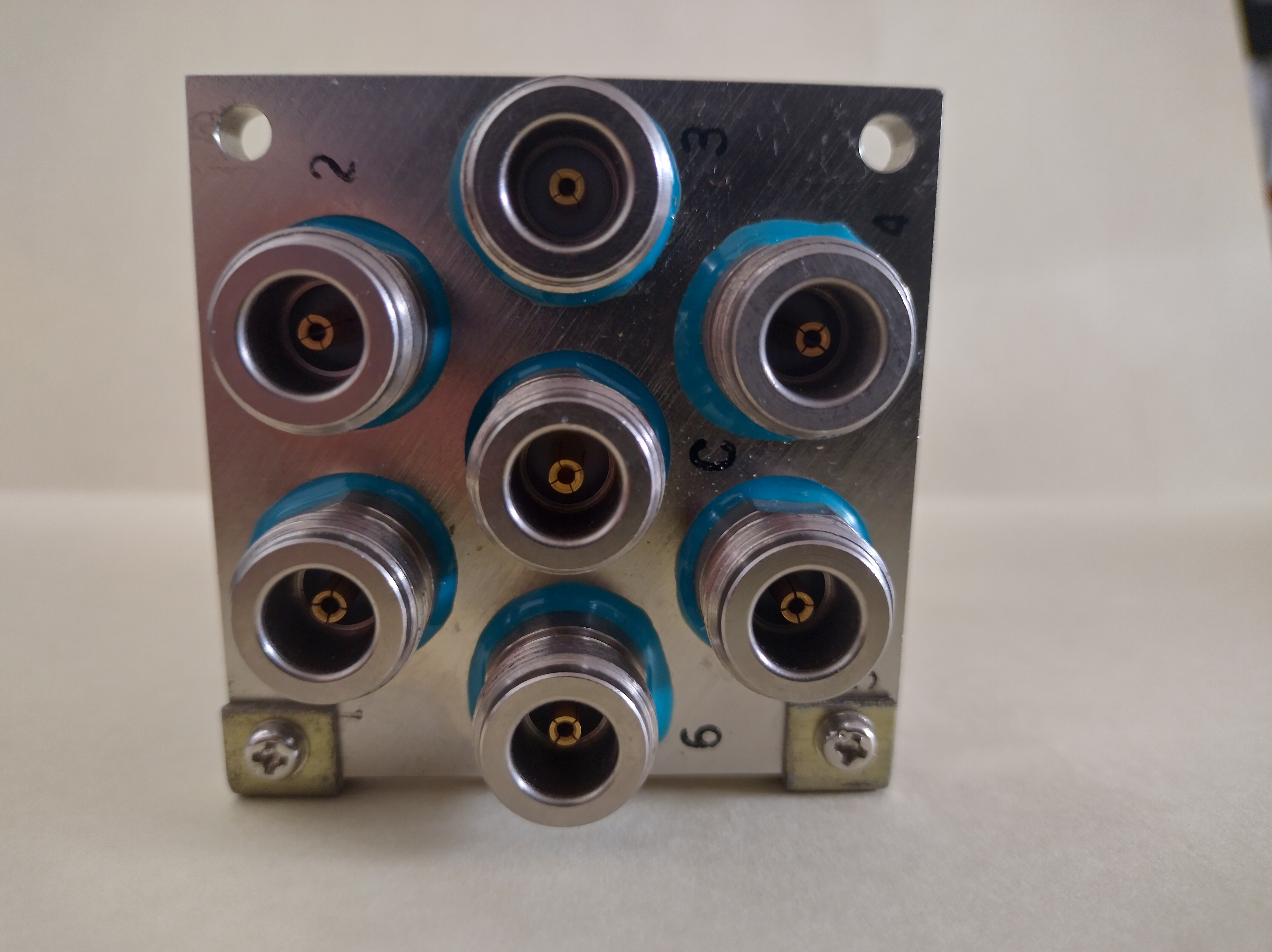
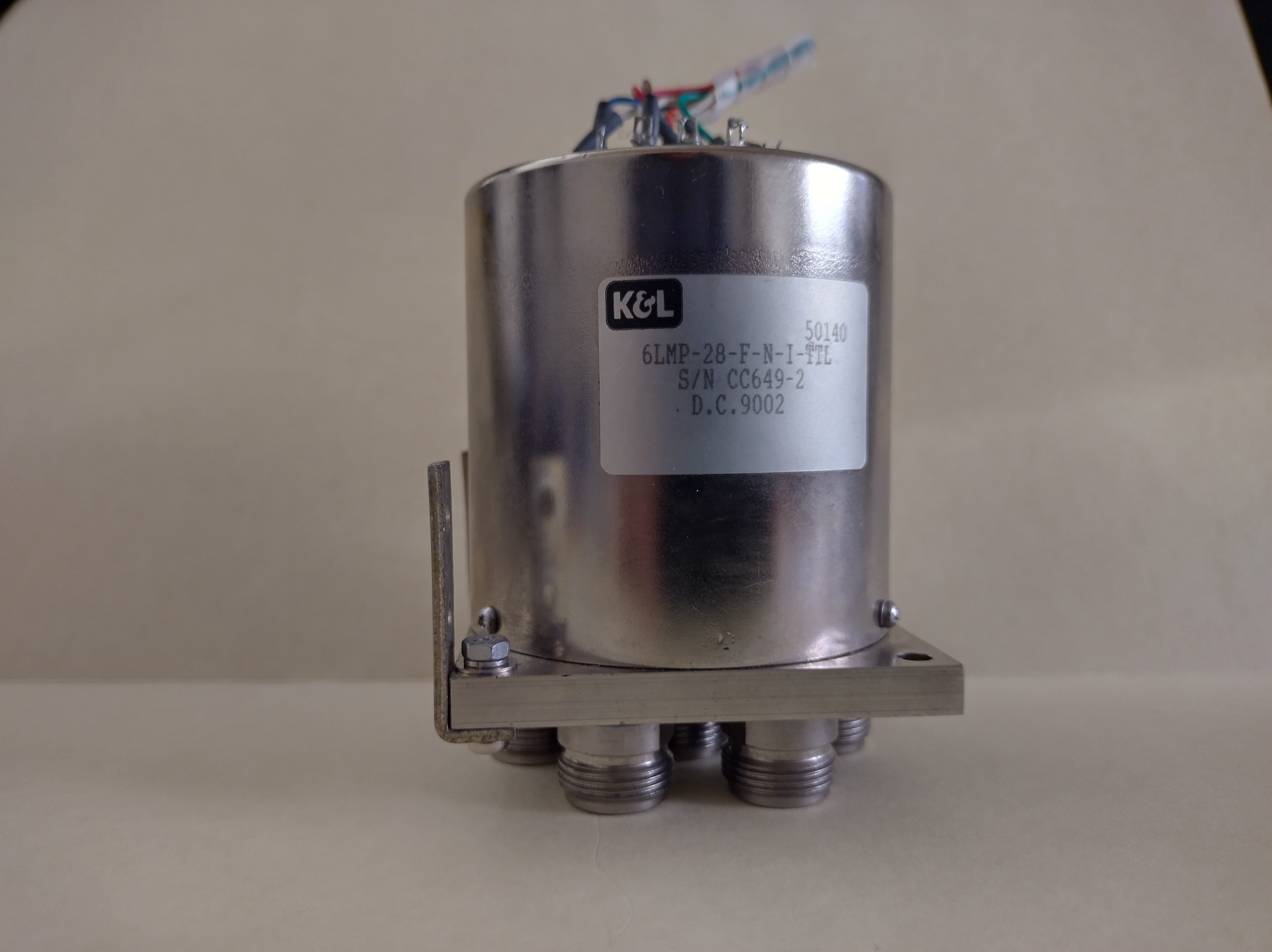
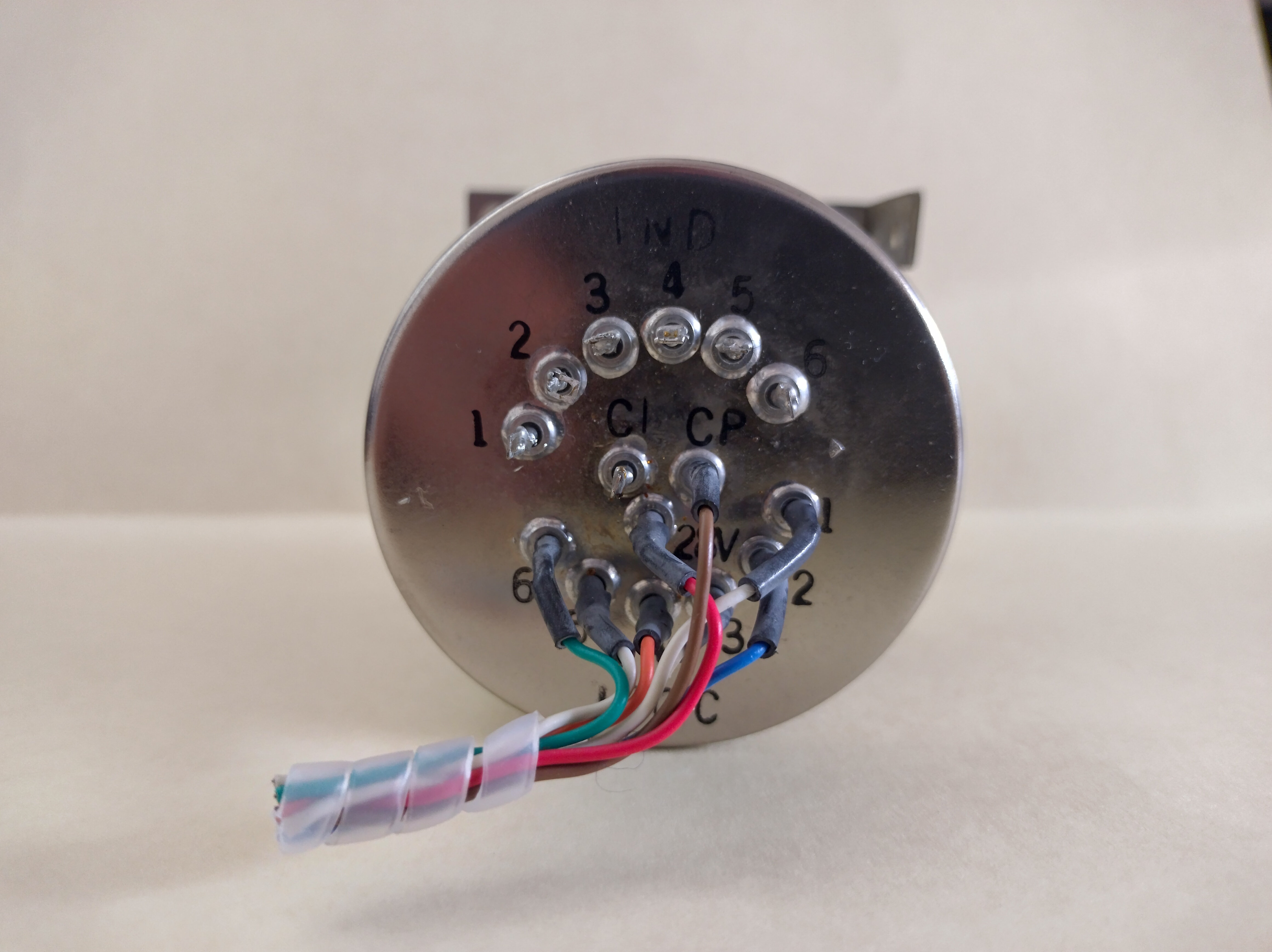
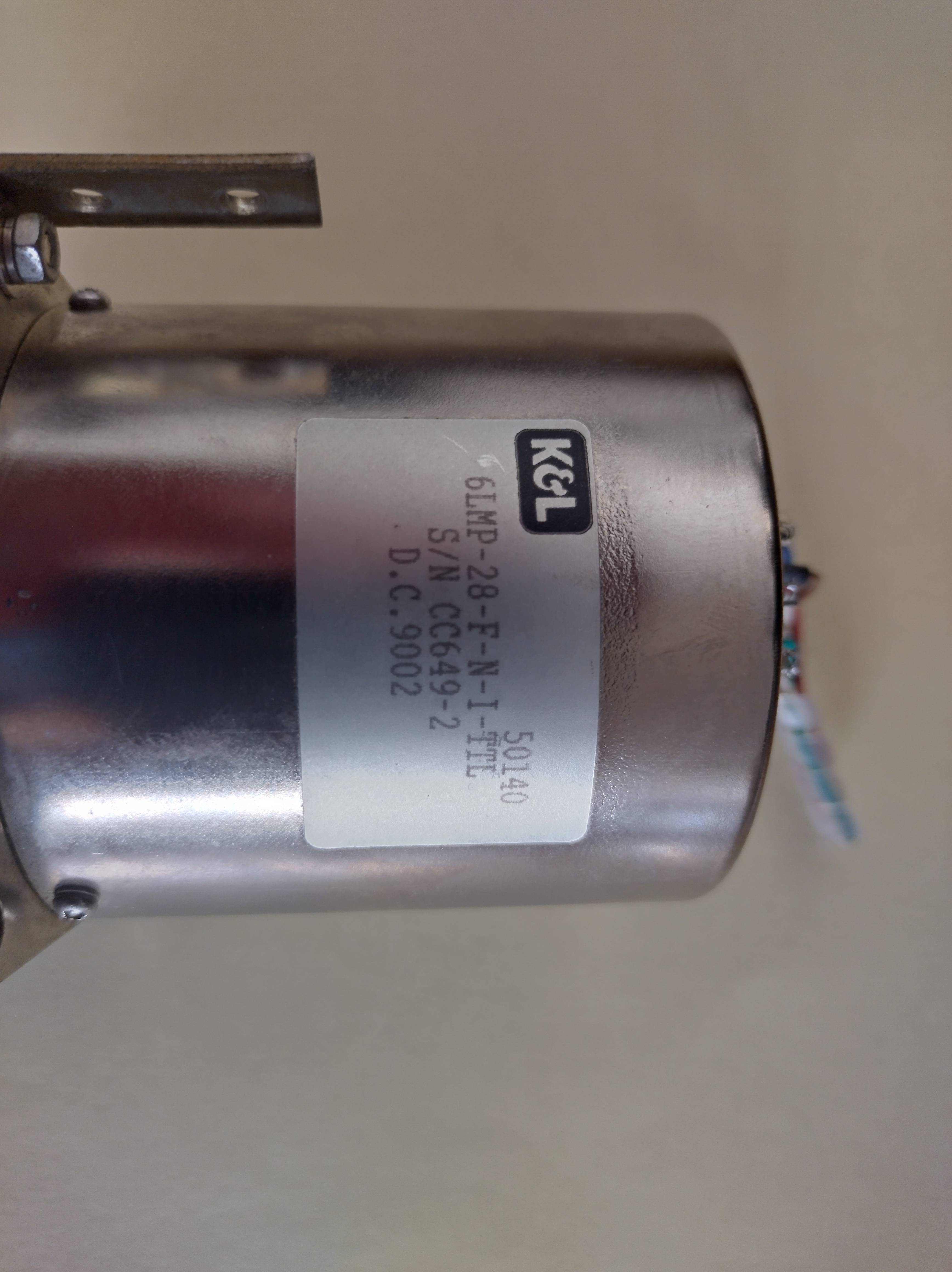
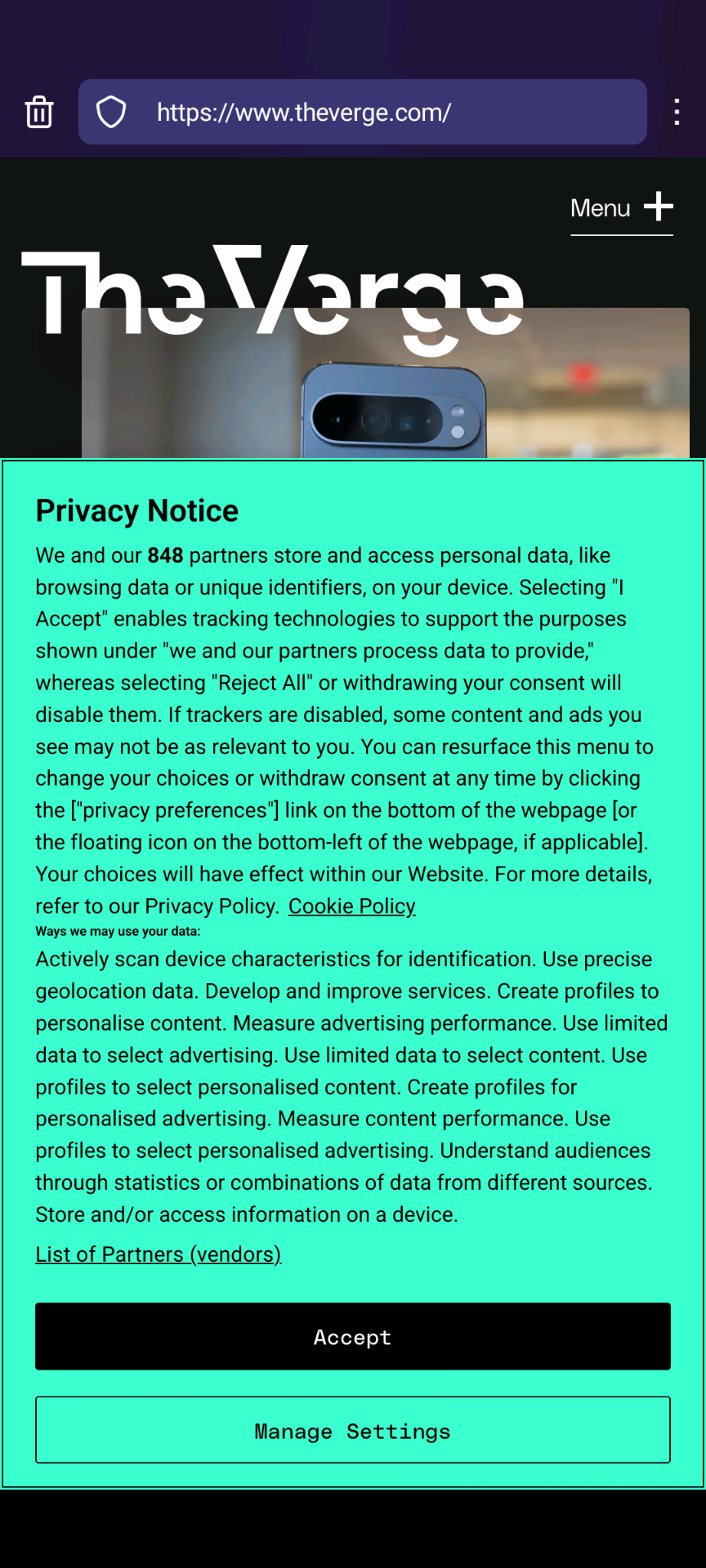
There are at least three legal ways to do this. CB radio, ISM frequencies and amateur radio. I say legal because the radio spectrum is heavily regulated because every transmitter affects everyone else to more or lesser extent.
You can buy CB or ISM band radios and get started.
Amateur radio is a better option in my opinion. There are many more frequencies to experiment with, people who can help and people to talk to.
Amateur licensing is different in each country, but an introductory licence is often no more than a weekend course and exam. I know of nine year olds who have done this. It's not hard. No Morse code required either.
With such a licence in hand you can use things like JS8Call, CODEC2, Olivia, WSPR and hundreds of other protocols to communicate using just a radio and a computer.
Disclaimer: I'm a licensed amateur in Australia and have been since 2010. I hold an introductory licence, here it's called a Foundation licence, and have been having an absolute blast with all that I can do.
If you have specific questions, don't hesitate to ask.